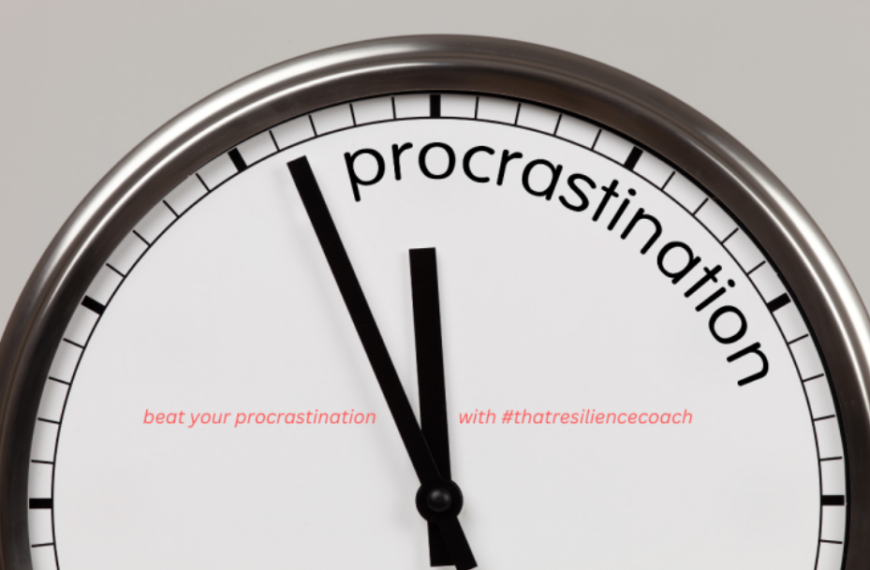Resilience.
It is a word that has been beautifully described in some of the literature I have read as “a word that is somehow so conveniently vacant that it manages to be profound and profoundly hollow.”
But having recently committed to sort the wheat from the chaff and benefitted from a deeper understanding of what resilience can represent, I am now compelled to share for those of you who are also interested in moving past the jargon.
Alors on commence par le début! (So let’s start at the beginning)
The Oxford English Dictionary definition is as follows:
With regards to materials or objects: “the ability of a substance to return to its original shape after it has been bent, stretched, or pressed”
Or better yet, with regards to people: “the ability of people or things to feel better quickly after something unpleasant, such as shock, injury, etc.”
So far so good I imagine..And in a more mainstream manner, the word is also commonly linked not just to trauma, but to overcoming personal failure and the ability to “persist” or “not give up”..
But you would be mistaken to think that resilience means numbness or blind stoicism in the face of adversity.
It is an easy assumption to make as “resilience” is often linked to it’s cousin “grit” – suggesting that a “keep your head down and get on with it” mentality is the best way to handle adversity.
The definition I would like to bring to the forefront is couched somewhere between neuroplasticity and mindset. (Help! More buzzwords?! – please bear with me!)
What I mean is this.
Though there is no defined scientific definition of resilience of the mind – there is a sufficiently well-established body of research to support the fact that resilience is not just about bouncing back from adversity but presents the potential of us evolving past the point where we were faced by adversity in the first place.
In short, resilience is of interest because it can be a conduit to real growth – the key to going from “survive” to “thrive” as it were..
This is precisely the stance around resilience and neuroplasticity in the field of neuroscience – that our brains have the capacity to rewire and learn new responses to the stressors in our lives. And if THAT is not an exciting idea to you maybe you are dead inside.
So, here we go. Here are some of the things (in a rudimentary form) beyond the buzzwords, that research can teach us about resilience.
1. Resilience can be learnt
Ironically, though everyone has the capacity for resilience, it is hard to measure without adversity or “stressors” -i.e, the events that push us past our limits into trauma, difficulty, or even discomfort.
But that’s not to say that having the right mindset cannot be cultivated.
In fact amongst the common denominators to build resilience the following factors are recurring in the research:
- The perception of adversity as holding opportunity. That it is something that can be overcome rather than a defining and terminal trauma.
- Finding meaning in adversity or being able to ascribe a sense of purpose to what is happening. This radically changes how we approach adversity.
- Having a heightened sense of agency (something known in the field of psychology as ‘ the internal locus of control’)
This is echoed in the work of Martin Seligman who is credited with pioneering work in the field of positive psychology. He introduces the idea of isolating negative events and shifting understanding of them in three big ways to help create resilience:
- Internal to external (“bad events are not my fault”)
- Global to specific (“this is one narrow incident and not a generalised indication of anything wrong in my life”)
- Permanent to impermanent (“this too shall pass; I can change this situation rather than assuming it’s fixed”)
These, along with strengthening the internal locus of control, are found to correlate to lower stress and better performance in response to adversity.
2. Our brains cannot always be trusted
As humans we are hard wired with a survival mechanism that has kept us alive for millennia. However, living fully out of our primal brains serves us less and less in the modern context.
Learning to know our brains better is the key to building the mindset we want.
Typically a stressor would trigger a fight / flight / freeze response in us.
But by slowing down and observing ourselves more closely, we can step outside of reactivity into a space of preferred response, and therefore, cultivate the mindset that will nurture resilience.
3. Resilience varies
Resilience varies over time – the balance between the stressor and resilience can be a moving goalpost and can be in flux depending on the circumstances.
Therefore, instances of resilience in the past do not predict future resilience. A person could reach their breaking point if the degree of overwhelm exceeds the internal locus of control.
One key tool to counter this is improved emotional regulation and personal accountability..and THAT is a whole other article – comment below if you want to know more!
Interestingly, as an extension to this, the same mechanisms that help us build resilience can create rigidity in our thinking. The potential to ruminate or be anxious is an inherent aspect of human nature.
It is possible for human beings to create / amplify stressors that overwhelm us and reduce our resilience out of sheer worry and rumination.
All the more reason to build this muscle you say? Indeed!
In short. View adversity as a mere challenge, and you become more flexible and able to deal with it, move on, learn from it, and grow.
Focus on it, frame it as a threat, and a potentially traumatic event becomes an entrenched and enduring problem; you become more inflexible, and more likely to be negatively affected.
4. Resilience is defined by perception
This brings us smoothly to the crux of the matter. The key to resilience is our own outlook on the world, and what we perceive as defining.
And so, for those of you who are always on the lookout for a quick fix, here are some of the behaviours that you can explore to create that ‘resilience readiness’ for yourself:
- Cultivate meaningful connections and network that ground you (supportive caregiver / mentor / parent / spouse etc.)
- Maintain a positive outlook and seek out the opportunities in adversity
- Play to your strengths. Use your skills, whatever they may be, effectively.
- Find ways to strengthen your internal locus of control – adopt a stance where you take control of your narrative, and accountability for your actions.
- Cultivate emotional regulation in the situations that you know challenge you, to create space for preferred responses rather than reactivity.
- Acknowledge the things that are outside of your control
- Pay attention to you blindspots and do not get entrenched in a fixed mindset – constantly explore how you can learn and grow from the situations that challenge you
If this list raises more questions for you than it provides answers, rest assured, this is precisely the sort of thing that a coach can help you with !
Send this to someone who could do with a little more resilience!




